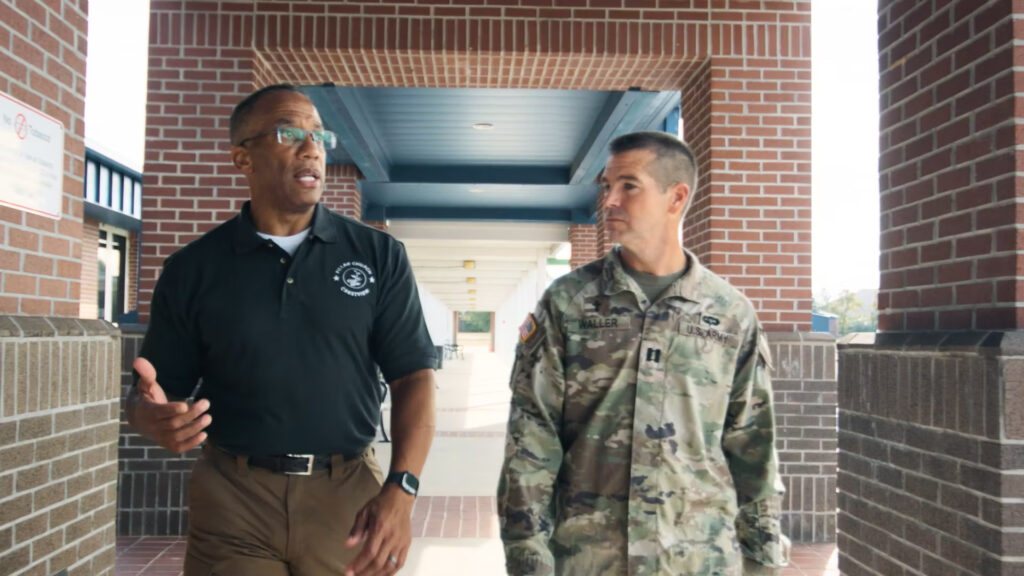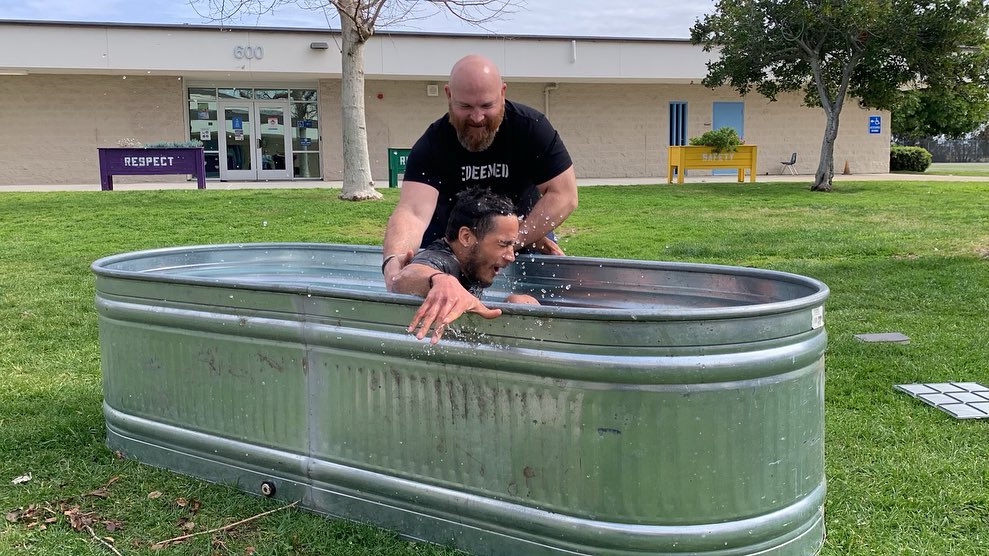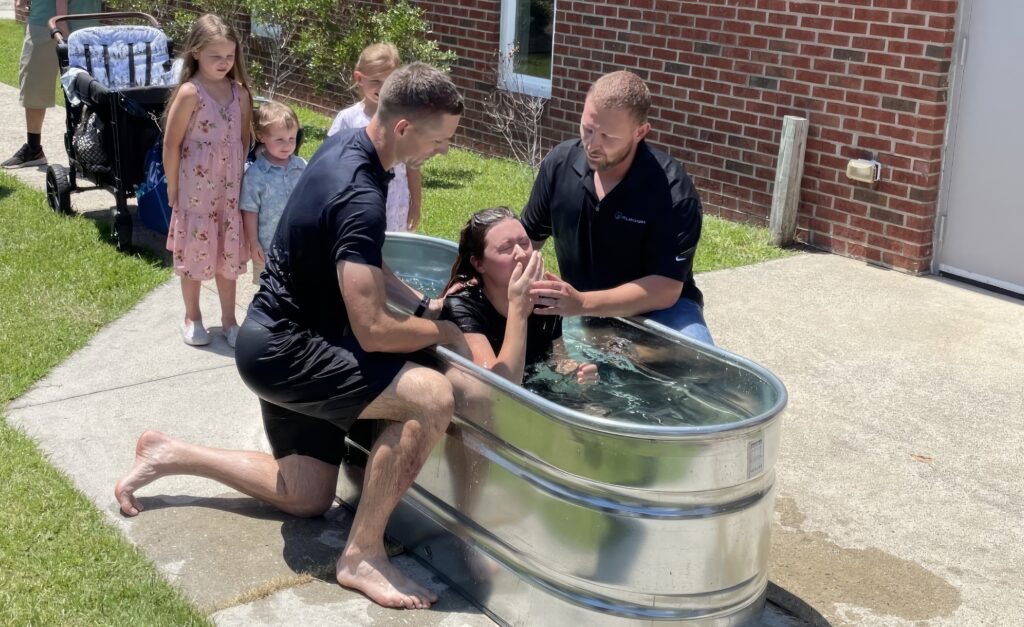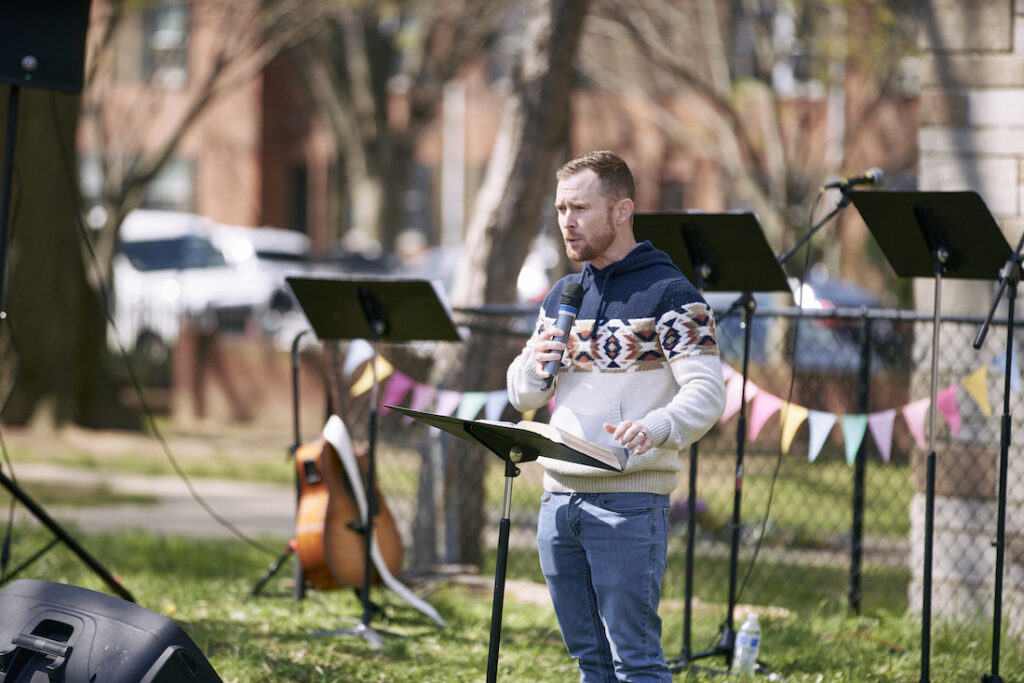Like most churches, we got our start in church planting slowly. We partnered with several plants before we ever sent one. Fortunately, we had money to give, something most church planters find pretty useful. So we gave, we prayed, we sent short-term trips, but most of all, we learned.
Years later when God gave our church a vision to plant 1000 churches, the first thing I did was sit down with those first planters. I asked them questions like, “What do you wish you would have known when you started? If you could do it all over again, what would you do differently?”
I’ll never forget one of those conversations. It was with one of our very first planters. He said, “Why is that whenever we talk about how many plants fail, we always point the finger at the planter; we never point it at the church that sent them?”
Let that sink in for a minute. That statement completely reshaped how I thought about sending.
Sending means owning. It means putting planters in the best possible position to succeed, but taking responsibility for their failures. It is like that famous quote from William Carey, before he accepted the call to go to India. He told his small band of brothers: “I will go down, if you will hold the rope.”
Sending is holding the rope. But it is also more than that. Here are a few lessons we have learned about sending, or deploying, church planters.
Send your best.
There are two types of people in their church: people you want to send, and people you don’t. Unfortunately, that first group doesn’t tend to make very good church planters (somebody let me know if that changes!).
There is a saying in recruiting: the best candidates are the least available. Our best candidates for church planting are some of the best leaders on our staff.
Unfortunately, we often pass up the most qualified to plant the most available. Don’t do it. Send your best, and use the holes you create to call others up into ministry. Ironically, our church has found that sending out our best leaders actually creates more leaders. We keep sending them out, and God keeps providing others in their place.
Send them with a team.
Gone are the days of parachute planting, but far too many plants are still based on the Superman model of leadership. You know what I’m talking about. Find the strongest, most gifted planter you can, and he will plant a church by talent or sheer force of will.
The problem, of course, is that Superman was from another planet and had “powers and abilities far beyond those of mortal men.” Church planters are, by definition, mortal men.
That is why we need teams. Sending planters with teams enables them to leverage their strengths while balancing their weaknesses.
Teams also multiply the missional impact of a plant. Imagine throwing a rock in a pond. Now imagine throwing a handful. The first might stand out more, but one ripple and its done. The second will send ripples to every corner. That is the difference a team makes in planting.
Every fall, we give our church planting residents a hunting license on our church. We stand them up in front of our congregation and challenge people to go. We send on average 20-25 people with every plant. That’s not easy. You know, the kind of people who go with a plant are not sitting on the sidelines. They are key volunteers, committed givers, even elders. But the impact they make for the kingdom is worth every sacrifice.
Send them well.
I get to talk to a lot of churches that are considering planting. Usually they ask some version of the question, “Are we ready?” What they mean is, “Do we have enough people and resources to do this?”
Certainly there are times where planting a church may be unhealthy, but in general, they’re asking the wrong question. Trust me. There will always be another mile marker down the road when sending will seem wiser, safer and more manageable.
So do not blow up your church, but don’t let resources hold you back from sending either. Commit to be a sending church, and then do the best you can:
- Open doors. If your church doesn’t have a lot of resources to send, connect your planters to churches that can. You have networks they don’t have.
- Find expertise. If your church doesn’t know much about planting, find people who do. Good assessment and training is worth its weight in gold.
- Be a learner. The moment we start assuming we know what plants need is probably the moment we cease to be useful.
- Be generous. If you have to choose between frugality and generosity, lean towards generosity.
Published September 15, 2016




